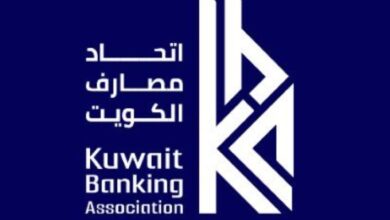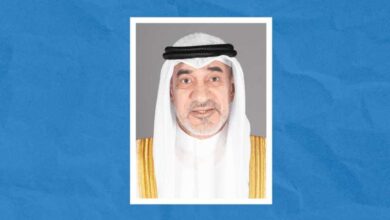Kuwait introduces sweeping curriculum reform for Grades 1–9 ahead of 2025–2026 school year
The Ministry of Education is set to roll out a transformative curriculum reform that aims to modernize Kuwait’s educational content, promote innovation, and address long-standing gaps. While the reforms are broadly welcomed, experts insist that success hinges on effective implementation, stakeholder engagement, and clear assessment strategies.

In a major move to modernize Kuwait’s education system, Minister of Education Jalal Al-Tabtabaei has approved the comprehensive development of school curricula for grades one through nine, to be implemented in the 2025–2026 academic year.
The decision was met with wide approval from education experts, who view it as a pivotal step toward aligning Kuwait’s academic content with the rapid global advancements in fields like artificial intelligence, cybersecurity, and modern teaching methods, reports Al-Rai daily.
While some education professionals expressed concern over the ambitious timeline — highlighting that curriculum development typically requires at least a year due to the need for coherence in content sequencing — official sources told Al-Rai that the overhaul did not begin from scratch.
Instead, some elements stemmed from previously prepared standards-based curricula dating back to 2019, with 80% of new material written for intermediate grades and a complete rewrite for the primary stage.
According to sources, technical departments have finalized the first semester content for the primary stage, promising a “radical” shift compared to previous models. Materials had originally been completed and reviewed using the 21st Century Standards and Skills System but were shelved due to the onset of the COVID-19 pandemic and subsequent delays under successive ministers.
Now, under Al-Tabtabaei’s leadership, the long-awaited implementation has resumed. The decision marks a turning point, as previous ministers had hesitated due to post-pandemic recovery priorities, potential risks, and political accountability concerns.
Former Minister of Education Dr. Bader Al-Essa praised the move, calling it a revival of earlier reform efforts halted in 2015 after the World Bank agreement was cancelled. He stressed the importance of clearly communicating the curriculum development plan and providing teacher training in parallel.
Ibtisam Al-Hai, former head of the Curriculum Department, welcomed the reform but emphasized the need for proper sequencing and coherence from grades 1 to 9. She noted the importance of considering developmental psychology, such as vocabulary absorption at each grade level, and called for clarity in organizing content with main and sub-headings.
Former Educational Affairs Director Adel Al-Rashed confirmed that the current changes are based on pre-existing plans nearly ready in the ministry’s archives. He clarified that the transformation won’t be total, but will replace outdated competency systems with new content rooted in modern pedagogy. All draft textbooks were submitted to the minister by June 30.
Teachers’ Association President Hamad Al-Houli highlighted that curriculum reform was one of the association’s key recommendations. He emphasized aligning with international standards like TIMSS, PIRLS, and PISA, and shifting from traditional knowledge-based education to skill-building and innovation-oriented learning.
He added that the updated curricula should equip students with 21st-century skills—such as digital literacy, AI awareness, and problem-solving capabilities—to prepare them for global competition.
Mona Al-Ansari, former general supervisor of science, stressed that curriculum development must involve specialized academic experts. She emphasized that reform should go beyond cosmetic changes and reflect deep, research-based pedagogical principles.
The Ministry of Education is set to roll out a transformative curriculum reform that aims to modernize Kuwait’s educational content, promote innovation, and address long-standing gaps. While the reforms are broadly welcomed, experts insist that success hinges on effective implementation, stakeholder engagement, and clear assessment strategies.












